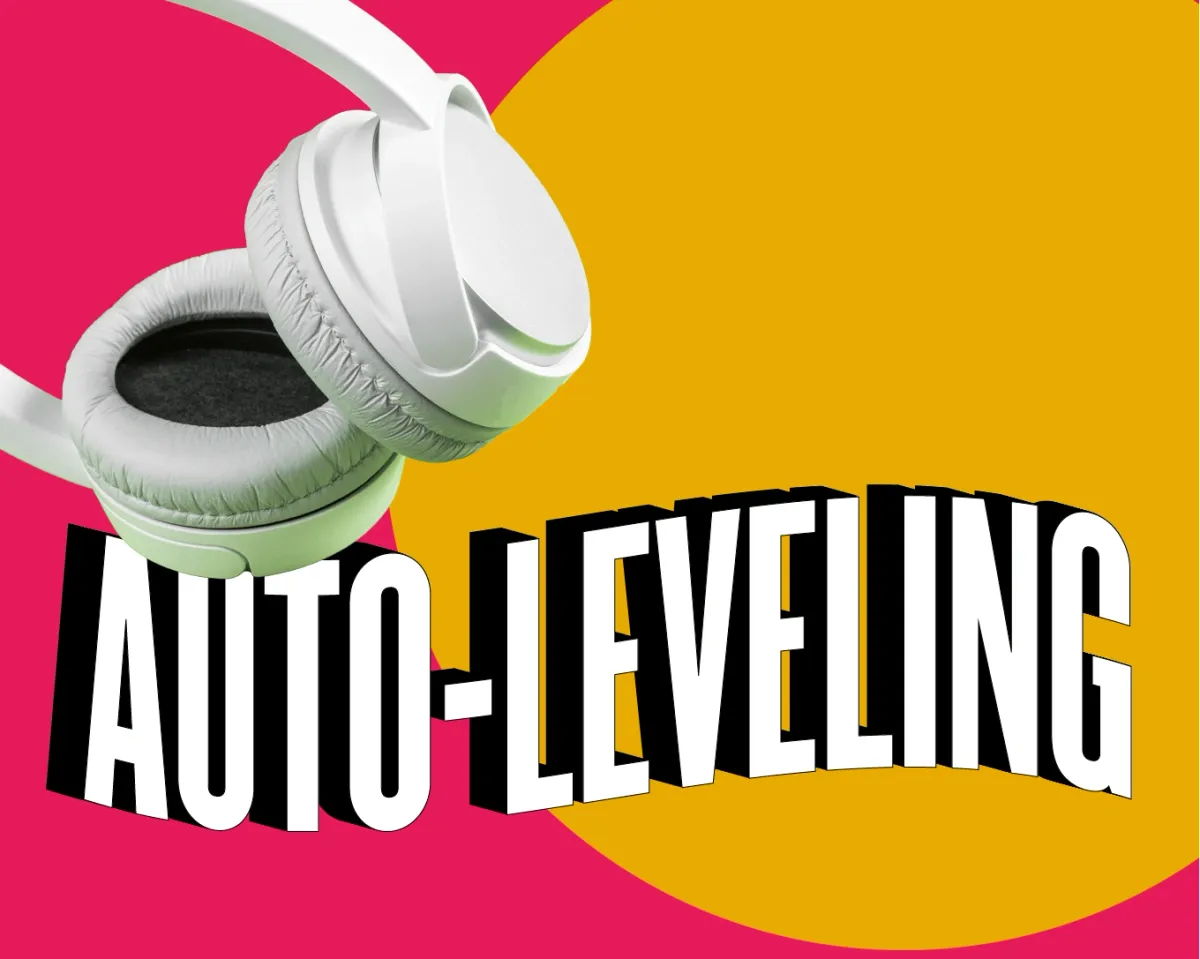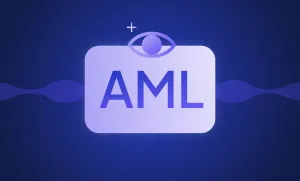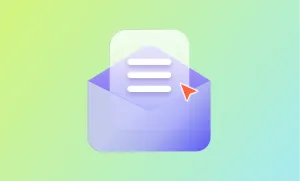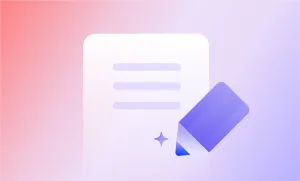If you're a podcaster, then sooner or later you'll feel the need to use auto-leveling for your audio.
Usually, podcasters have to auto-level their audio in order to make it sound more consistent for the listener. This is especially important when there are multiple people talking on a podcast episode, as different voices can have different volume levels. By auto-leveling your audio, you make sure that the volume of all voices is normalized, making the podcast easier to listen to.
In this article, we will discuss what auto-leveling is and why you need an audio normalizer software to do it. We will also provide a few examples of cases when auto-leveling is necessary for a podcast and explain why it's important.
Let's start with a simple definition:
What is Audio Auto-Leveling?
Audio auto-leveling is the process of normalizing the volume of all voices in a podcast episode (or other audio file) so that they are at an equal level. This makes the podcast easier to listen to, as different voices with different volume levels will no longer be competing for attention.
Why Do You Need Auto-Leveling for Your Podcast Audio?
There are several reasons why you might need to auto-level your audio.
For example, if you have multiple people speaking on your podcast episode, they might have different volume levels. This can be due to differing distance from the microphone, or simply because some people speak louder than others. In any case, auto-leveling will even out the volume levels so that all voices can be heard equally.
Another reason you might need auto-leveling is if you have recorded your audio in different locations. If you recorded part of your podcast episode in a noisy coffee shop, and the other part in a quiet room, the auto-leveling will help to even out the background noise levels. This will make the podcast episode sound more consistent and professional.
Finally, auto-leveling can also help to fix any clipping or distortion in your audio. Clipping is when the volume of your audio is too loud and begins to distort. This can happen if you're recording in a noisy environment, or if someone on your podcast episode speaks too close to the microphone. Auto-leveling will reduce the overall volume of your audio, which will help to reduce or eliminate clipping.
Achieve professional sound quality with podcasting AI tools for auto-leveling.
Why Is Auto-Leveling Important for Podcasts?
Auto-leveling is important for podcasts because it helps to make the audio more consistent and professional-sounding. It can also help to fix any clipping or distortion in your audio, making the podcast easier to listen to.
If you have multiple people speaking on your podcast episode, auto-leveling will ensure that all voices are heard at an equal volume.
To sum up, here are the benefits of auto-leveling for podcasts:
- Ensures all voices are heard at an equal volume
- Fixes clipping or distortion in audio
- Makes audio more consistent and professional-sounding
- Reduces background noise levels
If you're a podcaster, auto-leveling is an important tool that you should use to make your audio sound its best. With an audio normalizer software like Podcastle, you can easily auto-level your audio files with just a few clicks. You can give our audio normalizer software a try here.
How to Normalize Volume Level With Podcastle
How do you use our auto-leveling tool? It's really simple! You just need to follow these three simple steps:
1) Upload your two audio files from your interview to our audio normalizer software
2) Click process and give us a few seconds
3) Sign up to Podcastle (or if you already have an account simply log in) to get the normalized file
Our tool is perfect especially for podcasters who conduct remote podcast interviews and sometimes end up with audio files that sound inconsistent. You simply need to drag and drop your separate audio files into our platform and we'll make them match the target loudness, helping it sound like both participants were recorded in the same studio.
Tips for Conducting Successful Podcast Remote Interviews
Whether you're just getting started with podcasting or you've been doing it for a while, chances are you've considered conducting a remote interview. After all, remote interviews have several advantages. They're less expensive than in-person interviews, they're more convenient, and they allow you to connect with guests who might be located anywhere in the world.
However, remote interviews also have their challenges. One of the biggest challenges is that it can be difficult to ensure that both participants sound equally clear and professional.
Fortunately, there are a few things you can do to help ensure a successful remote interview. Here are a few tips:
- Use high-quality audio equipment or good podcasting software. This is important for both the interviewer and the interviewee. Investing in good quality microphones and headphones will make a big difference in the quality of your audio. But don't worry if you don't have enough finances to invest in expensive recording equipment yet. You can record locally uncompressed HD sound with Podcastle! It also offers a remote interview feature that helps you get high-quality audio for all participants, even if all of them record their audio using laptop or iPhone.
- Use a separate microphone for each person. This will help to minimize any background noise and ensure that each person's voice is captured clearly. But again, if you're using Podcastle, you can skip on this point.
- Conduct a sound check before the interview. This will help to ensure that both participants sound good and that there are no technical issues.
- Use auto-leveling after the interview. This will help to keep the audio consistent and reduce any clipping or distortion.
Some Interesting Questions to Ask During a Podcast Interview
Here are some of the most interesting questions you can ask to your guest during the interview:
- What was your first job?
- What would you do with a million dollars?
- How did you get interested in (topic)?
- What's the most daring thing you've ever done?
- Who is your role model?
- What's your favorite book/movie?
- What's the best piece of advice you've ever received?
- What are your hobbies?
- What's the worst job you've ever had?
- What's your favorite travel destination?
- If you could have dinner with anyone, living or dead, who would it be?
- What's the best advice you've ever received?
Final Notes
If you want to learn more about how to auto-level your audio or normalize your volume levels, feel free to check out our website. We also offer a free trial so you can try our software for yourself. Thanks for reading and happy podcasting!








